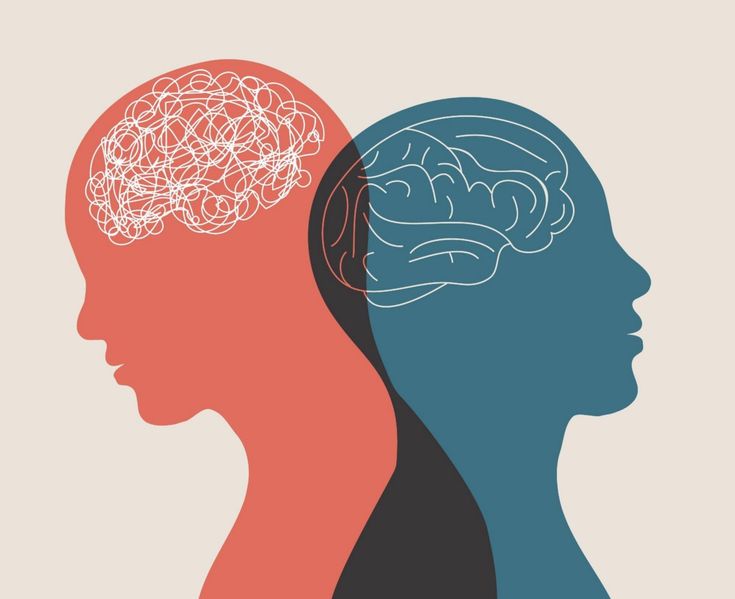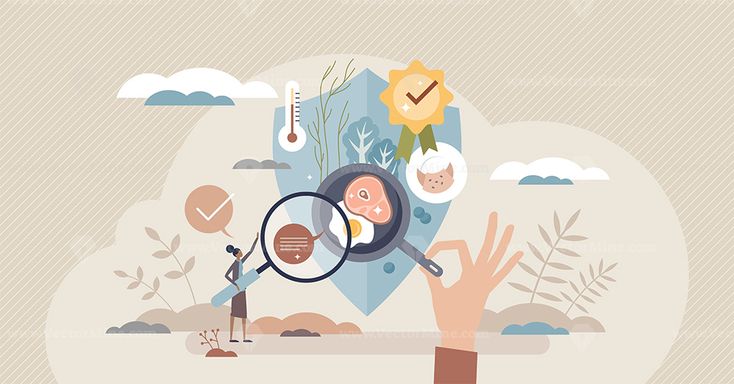MAINTAINING MENTAL HEALTH
Maintaining mental health can be challenging under the best of circumstances. Add an unprecedented global pandemic and it’s going to feel overwhelming to a lot of us! The change of routine, plus the uncertainty of it all, can cause stress, fear, and anxiety. In times like these, all the focus seems to be on stopping the COVID-19 pandemic, and implementing new measures to ensure everybody sticks to social distancing. But at the same time, make sure you take especially good care of your mental health and well-being too.
Signs of stress and anxiety include low energy and concentration, irritability, and unhealthy
SIGNS of STRESS & ANXIETY
eating or sleeping patterns. Additional signs in children can include excessive crying, acting out, poor school performance, and returning of outgrown behaviors like bedwetting. Watch out for these behavioral changes in yourself and others, and make sure to take early action to prevent downstream long term consequences. Find the services available to you locally, such as counseling or grief hotlines,
SERVICES
mental health clinics, and peer support networks. Seeking care when we need it includes seeking mental health services every bit as much as seeking physical health services.In addition, make sure you take breaks to focus on yourself
TAKE a BREAK
and get your mind off stressful things like work, upsetting topics, and news about the pandemic. Take this opportunity to catch up on sleep, read that book you left collecting dust, learn something new online, and engage on home projects.
Also working out at home can be just as effective. There are plenty of options, including online
WORKING OUT
workout videos, as well as perfectly good workout routines using nothing more than your own bodyweight. Even daily household chores like cleaning lead to additional calories burned! If you or someone you know is feeling lonely or isolated, make sure to increase how often you check in with your friends, family, and loved ones. You can express love and caring through words. You can also engage
your prior activities synchronously but remotely, like hosting a virtual coffee break or happy hour.
VIRTUAL COFFEE BREAK or HAPPY HOUR
It’s also normal to feel fear and worry about the safety of yourself and your loved ones.
Signs of fear can include a pounding heart, difficulty breathing, SIGNS of FEAR chest tightness, and nausea. In addition, children can show fear by asking a lot of questions, are afraid of being left alone, and have recurrent nightmares.
First, make sure you talk with your household members, such as your family or roommates, to create a household plan that covers how to care for those who are at risk for more severe disease
CREATE A HOUSEHOLD PLAN
and serious complications like the elderly as well as people with pre-existing medical conditions.
Next, if you’re experiencing fear about getting the disease,
it’ll be helpful if you and your household members practice preventive measures like engaging in
PRACTICE PREVENTATIVE MEASURES
social distancing, washing your hands frequently, and cleaning frequently touched surfaces daily.
It’ll also be reassuring to monitor yourself and other household members for symptoms,
MONITOR for SYMPTOMS
and if you think you might have COVID-19, choose a separate room to isolate yourself from other household members.You can identify local aid organizations, like hospitals, beforehand in case you i need them. Finally, create an emergency contact list with your friends, family, neighbors, and aid organizations, so you won’t feel like you’re alone in this.
All right, as a quick recap… In times like these, we must take especially good care of our mental health and well-being. Signs of stress and anxiety include low energy and concentration, irritability, and unhealthy eating or sleeping patterns.
Make sure to take early action and find available local services, such as counseling or grief hotlines, mental health clinics, and peer support networks. Take breaks to focus on yourself and get your mind off stressful things like work or upsetting topics. You can catch up on sleep, read a book, learn something new online, engage on home projects, and do some workouts.
Try to increase how often you check in with your friends, family, and loved ones. To deal with fear about your safety and your loved ones, talk with your household members to create a household plan Finally, create an emergency contact list so you won’t feel like you’re on your own.



